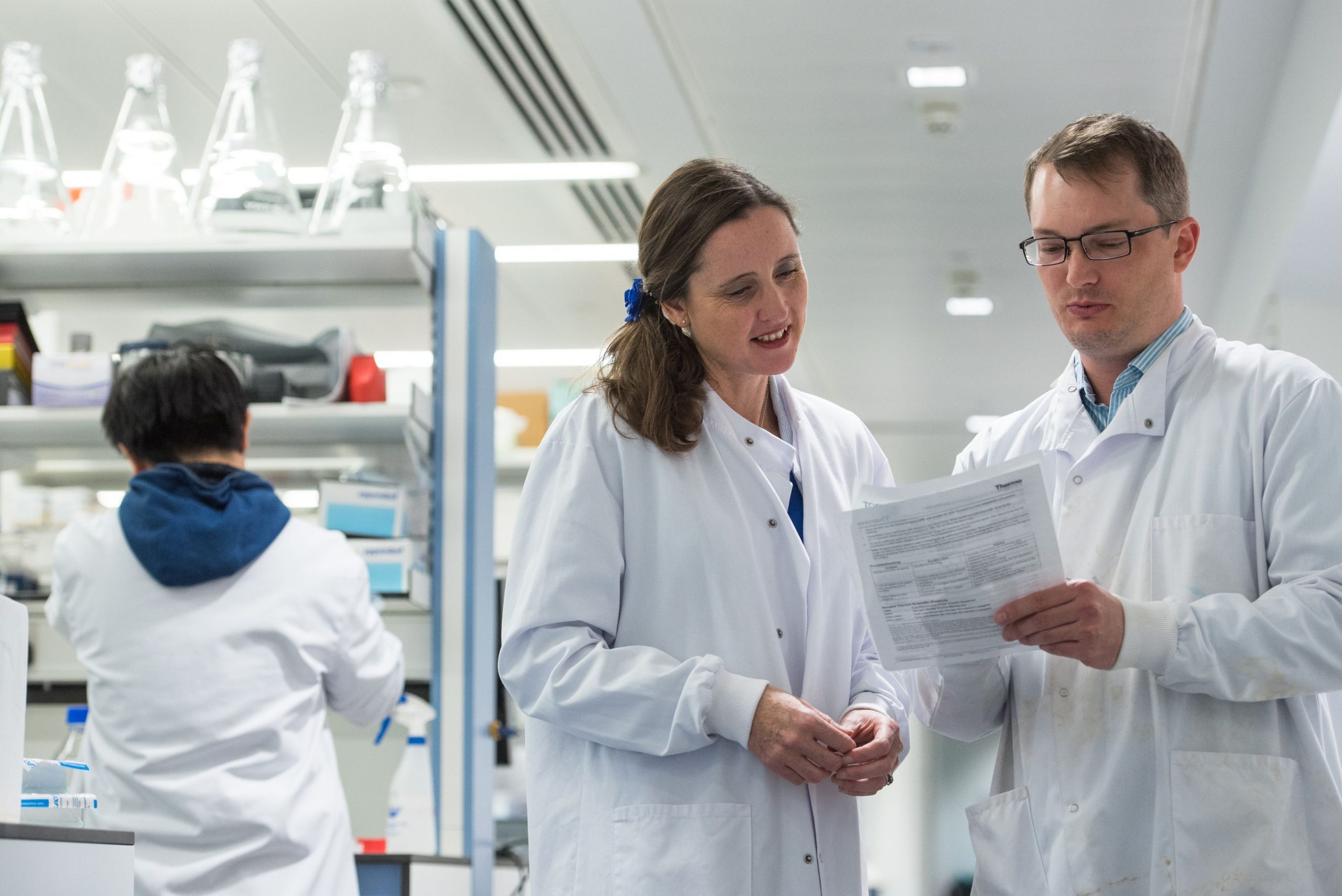New software aims to replace handwritten experiment methods

The not-for-profit organisation, the Pistoia Alliance, has announced new software that aims to make pharma labs work more efficiently, replacing handwritten experiment methods with digital documents.
The MethodDB project has been launched in conjunction with pharma companies including Bristol-Myers Squibb and AbbVie and is one of the central building blocks in its Lab of the Future (LoTF) project.
The alliance has produced the project because in many cases scientists still handwrite their methods, a difficult and time consuming process, producing documents that can easily be six to eight pages long.
Digitising the process so that experiments can be accurately reproduced reduces the room for human error.
Scientists often have more than 30 instruments in one lab, each with a different user interface, and will have to spend an inordinate amount of time inputting the variables onto each to reproduce a single experiment.
This project enables the digitisation of analytical method descriptions, which will support use of AI and deep learning by standardising experiment descriptions, increasing data integrity and reproducibility.
The main benefits will enable scientists to save considerable amounts of time and money when reproducing experiments on different instruments.
It creates a digital instruction set that can be inputted into and read by different instruments to reproduce an experiment.
The project links methods and results digitally to create an auditable trial, and increase data security by securely storing methods centrally.
A digital instruction set that can be read by the instruments removes this need and frees scientists to focus on more creative and innovative work.
Dr Steve Arlington, president of the Pistoia Alliance, said: “This project is an excellent example of pre-competitive consortia working together to pool resources and expertise.
“The project is helping to transform the lab environment, accelerate innovation, and will provide the foundations for successful use of AI platforms in the future. By working together we can help to improve the outcomes of experiments, which in turn will support the development of new life-saving therapies.
“The MethodDB project covers a complex area and could never be fulfilled by any single entity, so we are pleased to see so many big names in pharma getting on board with this kind of project. We urge more stakeholders to come forward and get involved in this initiative.”
The Pistoia Alliance is a global, not-for-profit members’ organisation made up of life science companies, technology and service providers, publishers, and academic groups working to lower barriers to innovation in life science and healthcare R&D.
It was conceived in 2007 and incorporated in 2009 by representatives of AstraZeneca, GlaxoSmithKline, Novartis and Pfizer who met at a conference in Pistoia, Italy.












